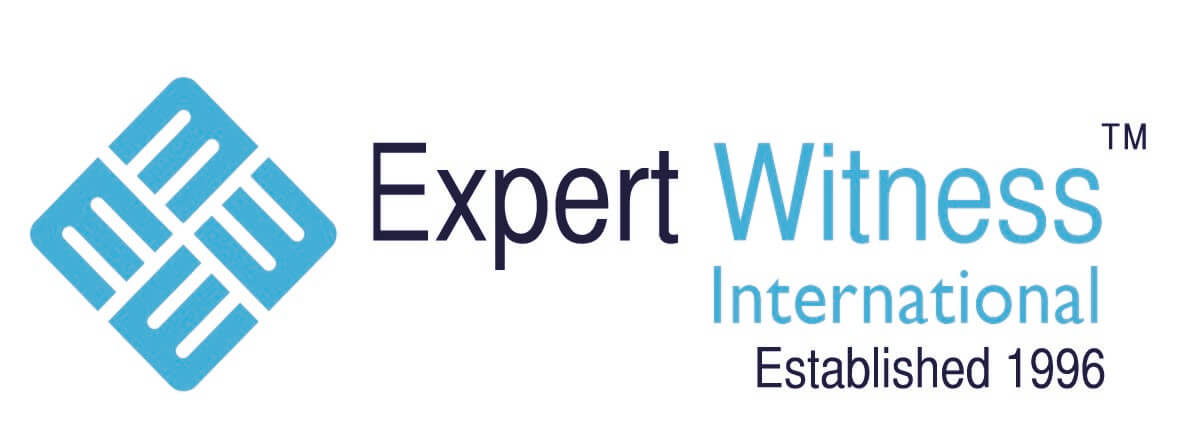News Detail back to listing

Spinal Cord Injury Rehabilitation
- Aug 26, 2020
- Latest News
Medico-legal guidance for solicitors
Recovery and rehabilitation following a spinal cord injury can be a long and difficult process. Solicitors representing clients with spinal cord injury should be guided by the experts throughout this complex series of therapeutic interventions.
Treatments and timescales for rehabilitation depend entirely on the level that the spinal cord has been injured and the course of management and therapy is fully planned after the level of injury – whether this is cervical, thoracic, lumbar or sacral - has correctly been assessed.
The lower the level of injury is on the spinal cord, the more function is likely to be retained, meaning patients are likely to be able to achieve greater independence. In very severe spinal injuries, known as complete spinal injuries, there is no movement below the level of injury and the patient is unlikely to have any sensations below this level. However, in an incomplete injury, some motor and sensory functions still remain intact. It is vital for experts to determine the extent to which motor or sensory loss has occurred, in order to plan appropriate neurorehabilitation.
Spinal cord injury most commonly results from the following events:
road traffic accidents,
Fall from height,
acts of violence,
alcohol abuse and
other underlying diseases.
A person with a spinal cord injured may present with a wide array of impairments ranging from sensations of numbness, tingling, limited movement of the arms and legs, sexual dysfunction and dysfunction of the bladder and bowel.
The associated complications like anxiety, depression, PTSD and adjustment disorder are also very common among those suffering from spinal cord injury. Depending upon the site of injury, the patient can also present with respiratory, or breathing difficulties, and may have difficulties in stabilising the temperature of their body.
Neurorehabilitation following a spinal injury is led by an interdisciplinary team of experts which include consultants, physical therapists, occupational therapists and psychotherapists.
The aim of spinal cord injury rehabilitation is aimed at increasing a person’s independence, relearning and reacquiring skills and making adjustments to compensate for the change in functional ability.
At NRC Medical Experts, our spinal cord injury experts produce high-quality court reports and expert witness testimony for legal cases concerning spinal cord injuries, access to neurorehabilitation services and long-term planning.
Meet our spinal cord injury specialists and contact us to arrange a complimentary pre-instruction conversation today.
